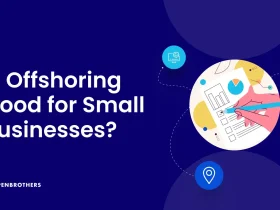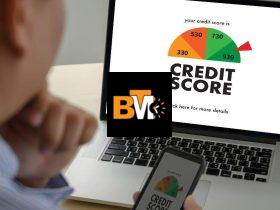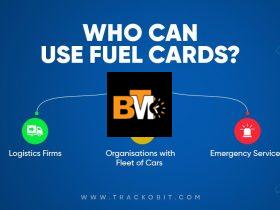Influencer marketing has grown to be a useful force for companies of all sizes in the modern digital world. Influencer partnerships can help small businesses, in special, reach a wider audience, increase sales, and establish brand trust. However, small businesses require a customized approach that fits their goals and budget in order to maximize the benefits of influencer marketing. This post will examine successful influencer marketing techniques that can support the growth of small businesses.
1. Define Your Audience and Goals
Setting stated goals is important before launching any influencer marketing campaign. Are you trying to build brand awareness? Sales, generate leads, improve website traffic, or Selecting the appropriate influencers and accurately measuring success are made easier with a well-defined goal.
Also Knowing who your target audience is also very important. Think about things like location, hobbies, age, and internet activity. This guarantees that you work with influencers whose fan base fits the description of your ideal client.
2. Select the Suitable Influencers
Choosing the suitable influencers is essential to a campaign’s success. Micro-influencers with 1,000–100,000 followers or nano-influencers with fewer than 10,000 followers should be the focus of small businesses. Compared to celebrities or macro-influencers, these influencers typically have more devoted followers and higher engagement rates.
When choosing influencers, take into account:
- Relevance: Do they fit your niche and brand values?
- Engagement: Is their audience involved and active?
- Authenticity: Are their recommendations trusted by their followers?
- Content Quality: Is their writing expertly done and aesthetically pleasing?
To locate influencers who align with your brand, use resources like Upfluence or Popular Pays for big help you or even the search functions like Instagram and TikTok.
3. Create Genuine Connections
Establish genuine connections with influencers rather than viewing them as just a marketing avenue. Before contacting them, follow them on social media, socialize with their posts, and express interest in their work. Personalize your message and explain why you think they would be a perfect fit for your brand when you finally approach them.
Audiences respond more favorably to collaborations that seem genuine and organic. So instead just the actively supporting your product, encourage influencers to share personal stories about it.
4. Provide Value besides Just Money
Even though many small businesses have tight marketing budgets, they can still collaborate with influencers. Rather than merely charging a set amount, think about offering:
- Giving away goods or services in return for content
- Special coupon codes for their fans
- Affiliate relationships in which they receive a cut of sales
- Long-term partnerships rather than sporadic postings
Brands that value their work and provide meaningful partnerships are valued by influencers.
5. Make Use of Various Content Formats
Instagram posts aren’t the only aspect of influencer marketing. Investigate various content categories based on your audience and business, including:
- Instagram Stories and Reels for quick, interesting videos
- Videos on TikTok for viral and trending content
- YouTube tutorials and reviews that provide detailed product demonstrations
- Blog postings for continuous novel and SEO advantages
- Live streaming for in-the-moment communication and Q&A
You have a better chance of reaching more potential clients if you vary the formats of your content.
6. Track and Improve Performance
Monitor key performance indicators (KPIs) like these to make sure your influencer marketing initiatives are succeeding:
- Rate of engagement (likes, comments, and shares)
- CTR (click-through rate) for coupons or links
- Revenue from influencer marketing campaigns
- Growth in followers and an increase in website traffic
To measure success, use resources like Instagram Insights, Google Analytics, and UTM links. If an influencer does well, think about extending the collaboration or keeping the partnership going.
7. Stay Transparent and Compliant
When it comes to influencer marketing, transparency is essential. As mandated by the Federal Trade Commission (FTC) and other regulatory agencies, make sure influencers use hashtags like #sponsored or #ad to reveal their collaborations with your brand.
Final Words
A great way for small businesses to get noticed, connect with their audience, and boost sales is through influencer marketing. Small businesses can develop accessible and inexpensive and influencer campaigns by creating clear objectives, selecting the best influencers, genuine connections, and monitoring results.
The correct influencer marketing plan can help you succeed in the super competitive digital market, whether you’re expanding your brand or introducing a new product. Begin modestly, try new things, and improve your strategy as you go. One influencer partnership could be the key to your next significant growth opportunity!







Leave a Reply